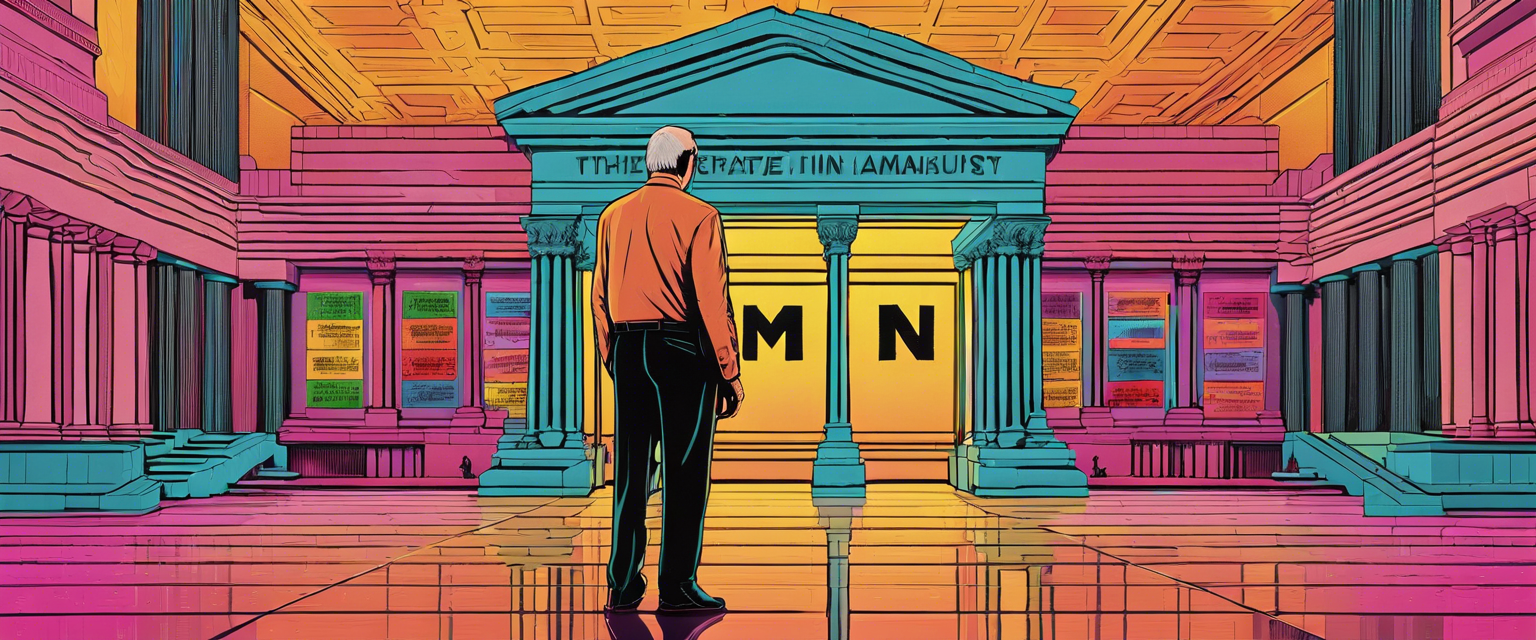Integrating AI Frameworks with Blockchain Technology: A Growing Trend
Recent developments have highlighted an increasing need for projects that integrate AI frameworks with blockchain technology. According to PANews, the evolution of AI agents in the current climate necessitates reliable, autonomous decision-making and collaboration, both of which can be significantly enhanced through blockchain integration.
Current State of AI Frameworks
Several frameworks, including ELIZA, ARC, and Swarms, are currently in the conceptual phase. These frameworks are yet to establish practical applications to gain market acceptance. Their potential cannot be fully validated or quantified without real-world implementations. Whether focusing on optimizing the performance of single AI agents or facilitating interactions among multiple agents, these frameworks must also develop traceable logic and rules for AGI model API calls.
Challenges with Data and Execution
One of the significant challenges faced by these AI frameworks is that the data remains off-chain. This situation complicates the verification of inference processes, rendering execution processes opaque and results uncertain. In the short term, Trusted Execution Environments (TEE) present a low-cost, practical solution to accelerate AGI applications related to AI agents' decision-making.
Long-Term Solutions and On-Chain Consensus
While TEE provides a feasible off-chain solution, a long-term strategy will require establishing on-chain consensus mechanisms that can enhance reliability. For example, ELIZA is working towards creating an AI agent autonomous private key management system by leveraging Phala Network's TEE for secure remote authentication. This development ensures that the execution code within the AI pool remains unaltered prior to being signed with private keys, marking an essential step in applying TEE to AI agents.
The Role of Blockchain Consensus in Execution Frameworks
By embedding intricate execution logic into Agent Contracts and engaging Phala chain validators in the verification process, a blockchain consensus-based TEE execution framework can be established. This approach would create a positive feedback loop wherein the demand for AI agents drives TEE utilization, which, in turn, enhances blockchain functionality.
Decentralized Consensus and Transparency Requirements
While TEE can ensure the invisibility of private keys, establishing decentralized consensus for the rules surrounding key invocation, risk control, and emergency responses becomes crucial for real-time verification. In the intermediate term, open-source code libraries can offer transparency, yet sustainable long-term resolutions will necessitate decentralized validation methodologies.
Conclusion: A Path Forward for Blockchain-Integrated AI Frameworks
The path forward is clear: the integration of blockchain technology can significantly expedite the transition of AI agent frameworks towards practical applications while opening new avenues for crypto infrastructure development. Identifying and supporting the earliest blockchain-integrated AI agent frameworks, together with the foundational chains that support them, is essential to seize this burgeoning trend.



Leave a comment
All comments are moderated before being published.
This site is protected by hCaptcha and the hCaptcha Privacy Policy and Terms of Service apply.